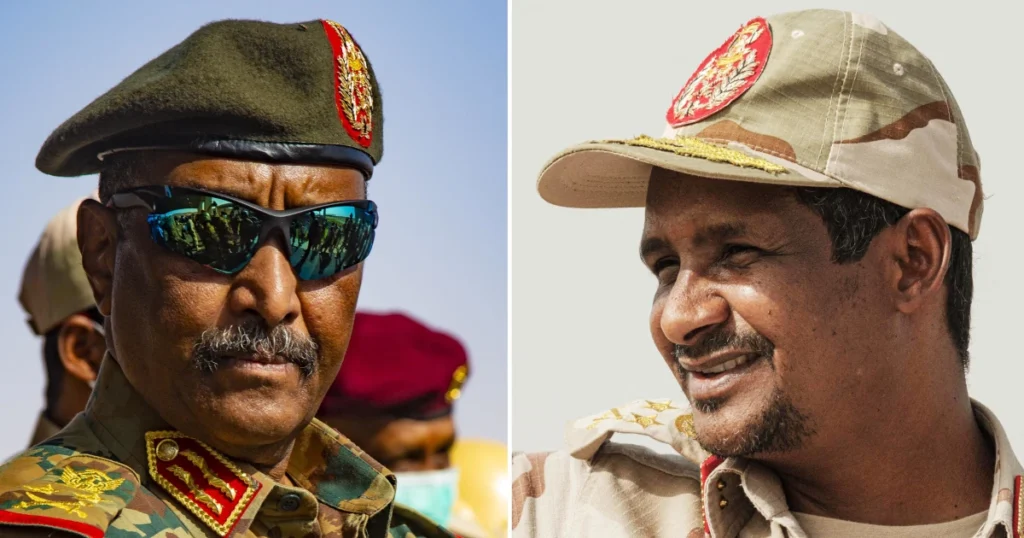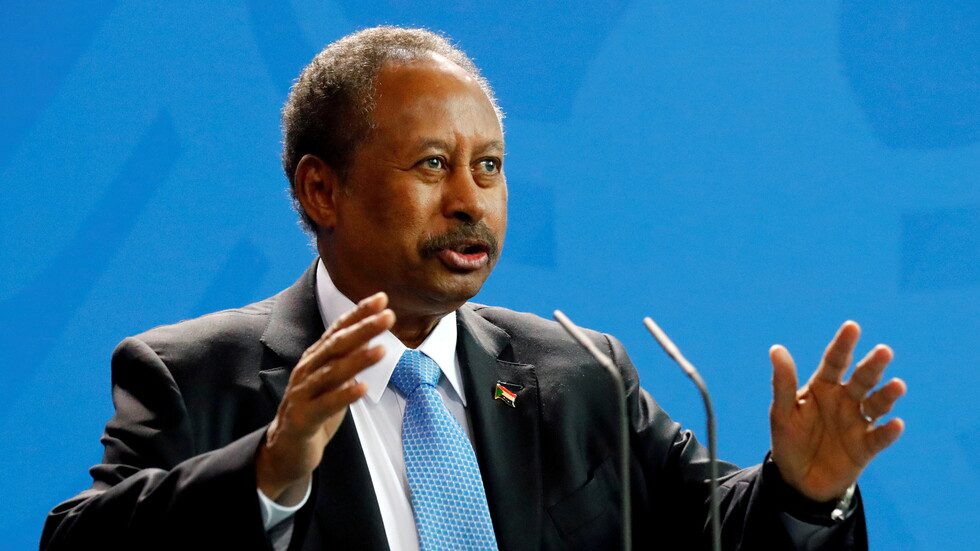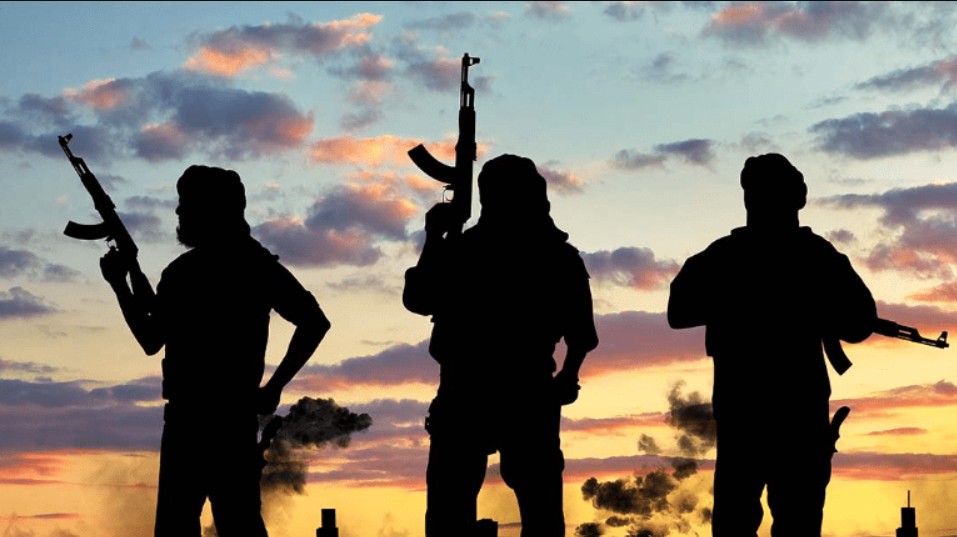
Rapid Support Forces (RSF) commander Mohamed Hamdan Dagalo, known as Hemedti, pledged that any of his troops accused of wrongdoing in El-Fasher will face accountability, declaring that “no soldier or officer is above the law.”
The remarks came in his first major address after the RSF’s takeover of the North Darfur capital, where international observers have reported allegations of civilian abuses. Dagalo said a legal committee has already been deployed to investigate. “We will not protect any soldier who violates rights — the law will be applied equally,” he said, promising public disclosure of findings and transparent trials.
Civilians are a “red line”
Dagalo emphasized that protecting civilians was the cornerstone of his movement’s legitimacy. “The blood of civilians is a red line — we will not tolerate harm to captives or noncombatants,” he said, insisting that the RSF’s operations were directed solely at “terrorist elements” loyal to the former Islamist regime.
He also ordered the establishment of safe corridors for displaced residents and pledged protection for humanitarian teams.
Zero protection for abusers
Dagalo pledge leaves little room for ambiguity: any RSF member implicated in abuses in El-Fasher will face investigation and sanction, and commanders will be judged not only for what they did, but for what they failed to prevent. By invoking command responsibility, he signals that accountability will reach into the officer corps, including unit leaders who knew—or should have known—about violations and did not act.
No amnesty for crimes
In his address, Dagalo also underscored that no act of abuse, whether committed during combat or after the RSF’s control of El-Fasher, will be excused under any pretext. He described accountability as “non-negotiable,” setting what he called the “red-line standard” — a principle that forbids political bargaining or tribal mediation for crimes involving civilians.
Federal police to assume security duties
In a marked shift from military control, Dagalo announced that the Federal Police will now take charge of maintaining order in El-Fasher. RSF forces, he said, will withdraw once the city is fully stabilized, allowing civilian institutions to function freely.
This, he argued, was part of a wider plan to “replace the logic of force with the rule of law” — a move aimed at reassuring residents and international partners that El-Fasher would not remain under armed occupation.
Rebuilding through justice
Dagalo linked justice and reconstruction, pledging to restore hospitals, schools, electricity and water networks “under lawful governance.” He said his administration would prioritize assistance to victims and the families of the dead, emphasizing that accountability must be matched by social repair.
“A new army for a new Sudan”
Rejecting what he called “cosmetic reform,” Dagalo declared that Sudan’s security sector will be rebuilt from the ground up: “There is no such thing as reforming the old army — we are founding a new army rooted in discipline and justice.”
He positioned this restructuring as essential to Sudan’s unity and transition, framing the El-Fasher victory as “a strategic turn toward one Sudan — not division.”
Toward a democratic transition
Reaffirming his movement’s political stance, Dagalo rejected any talk of partition and reiterated that his ultimate goal is a full civilian government. “Our position is clear: we want a real democratic transformation and the establishment of a fully civilian state,” he said.




